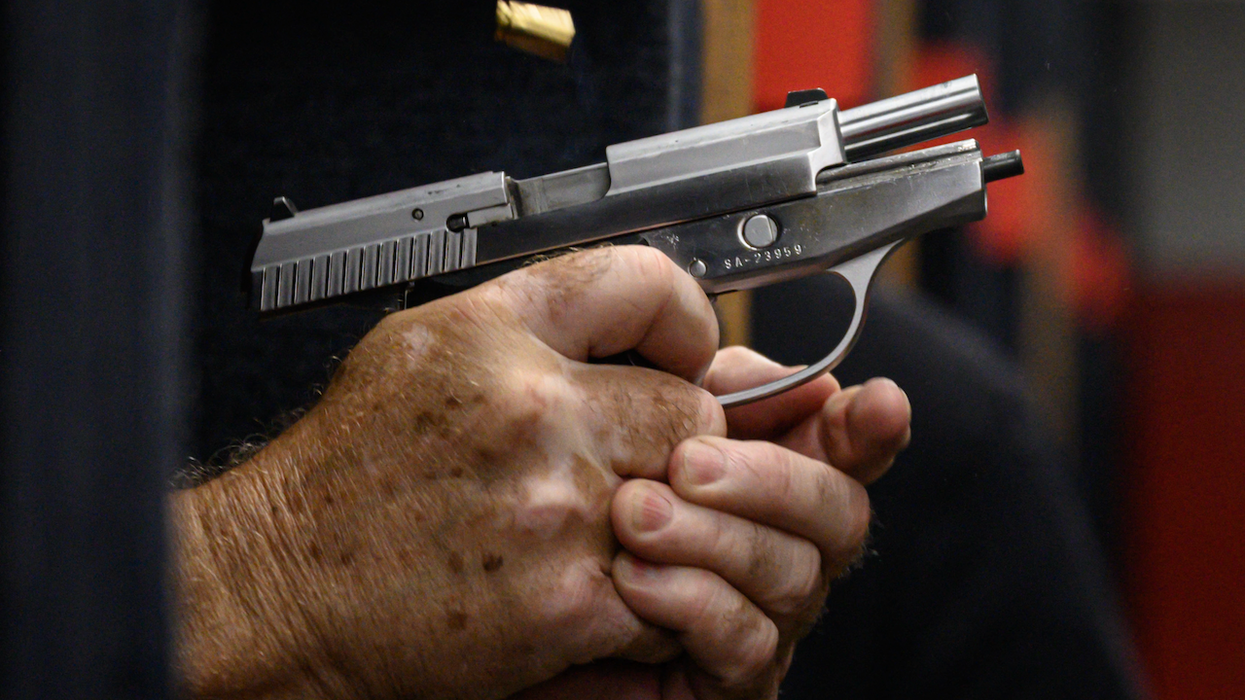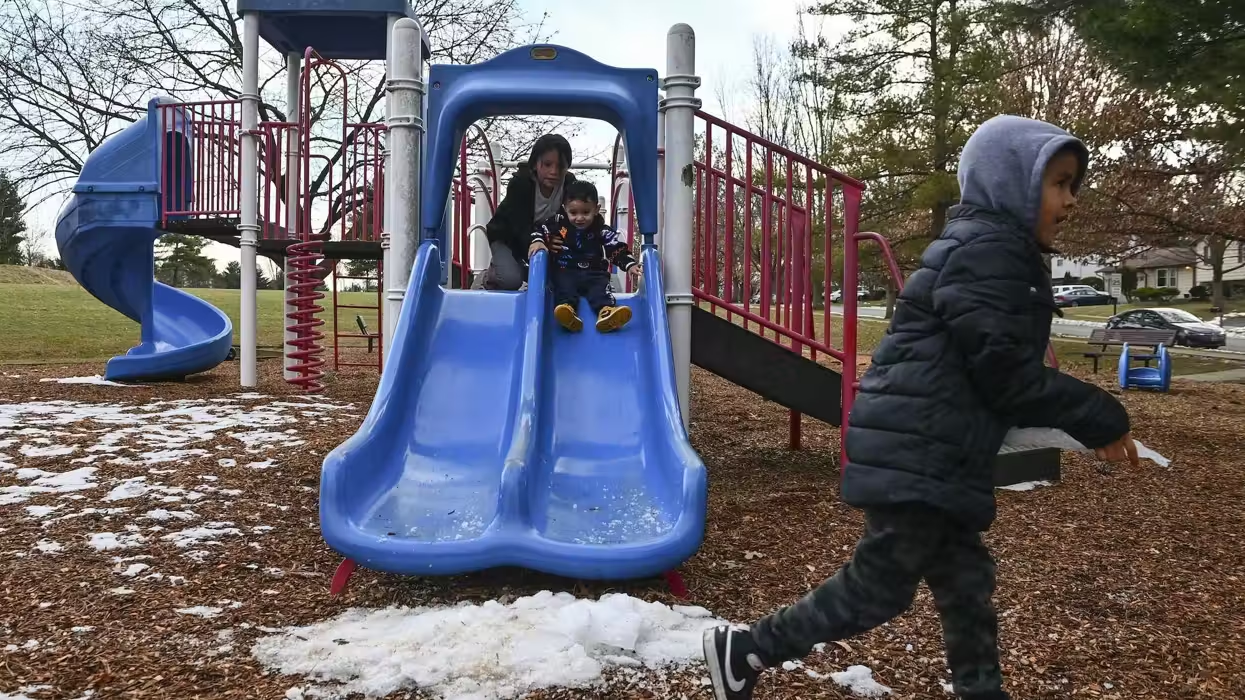A new study found that recently passed gun control laws in Washington and Colorado were futile, just as many pro-gun Americans argued they would be.
What laws were passed?
Several years ago, Colorado and Washington state passed laws that required a background check for every gun sale — commercial or private, handgun or long gun. A similar law was also passed in Delaware.
Currently, any time a firearm is purchased from a licensed dealer, a background check is run through a national law enforcement database. However, in most cases, a background check isn’t required, though they are recommended, for private purchases. Still, many states require pistol permits, which require a background check to obtain, to privately purchase a handgun.
What did the study find?
The study, which was published in a medical journal, found that in both Colorado and Washington, the new law had hardly any effect. According to the Guardian, the law had “little measurable effect” because citizens didn’t follow it and law enforcement didn’t enforce it.
The study didn’t analyze whether or not gun violence would go down, but rather does a law that require background checks for every firearm sale lead to increased background checks.
There were minuscule increases in Colorado and Washington. Delaware, on the other hand, saw background checks increase by 25 percent for handguns and 34 percent for long guns.
Why the disparity?
The biggest factor in why the law was effective in Delaware and not Washington state or Colorado was likely the states’ firearm histories. Delaware, a liberal state, has traditionally had relatively stiff firearm regulations, while Colorado and Washington state have rich firearm traditions.
Writer's perspective: What does this mean?
Those in favor of increased gun control measures argue that more laws will help curb gun violence, while gun control opponents argue that further restrictions on firearms only make it tougher for law-abiding Americans to exercise their rights. They also say those determined to break the law with a gun will find some way to do that — whether or not guns are legal.
This study indicates that culture is a major deciding factor in whether or not gun control is effective. It also shows that, short of complete gun confiscation, laws restricting guns are futile.







